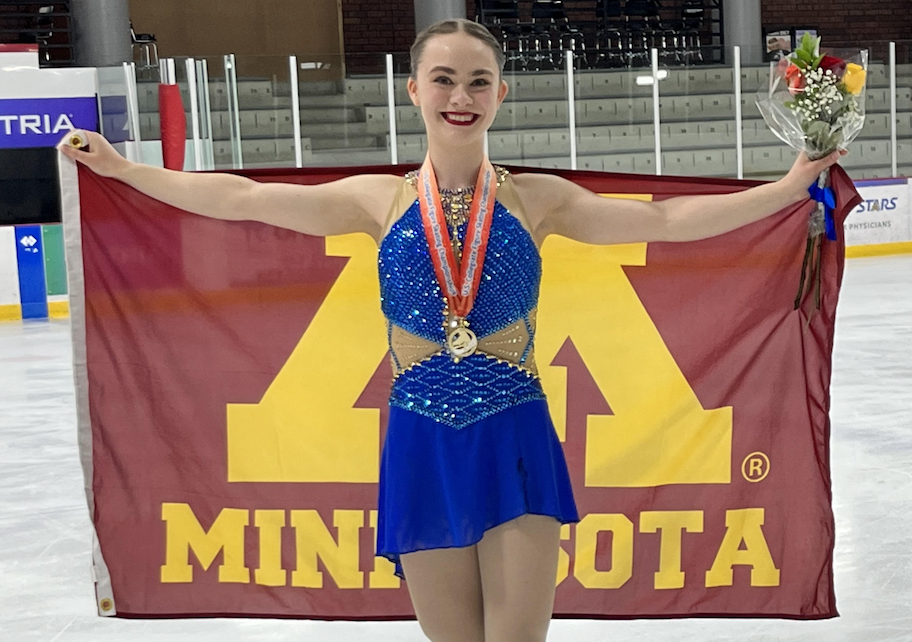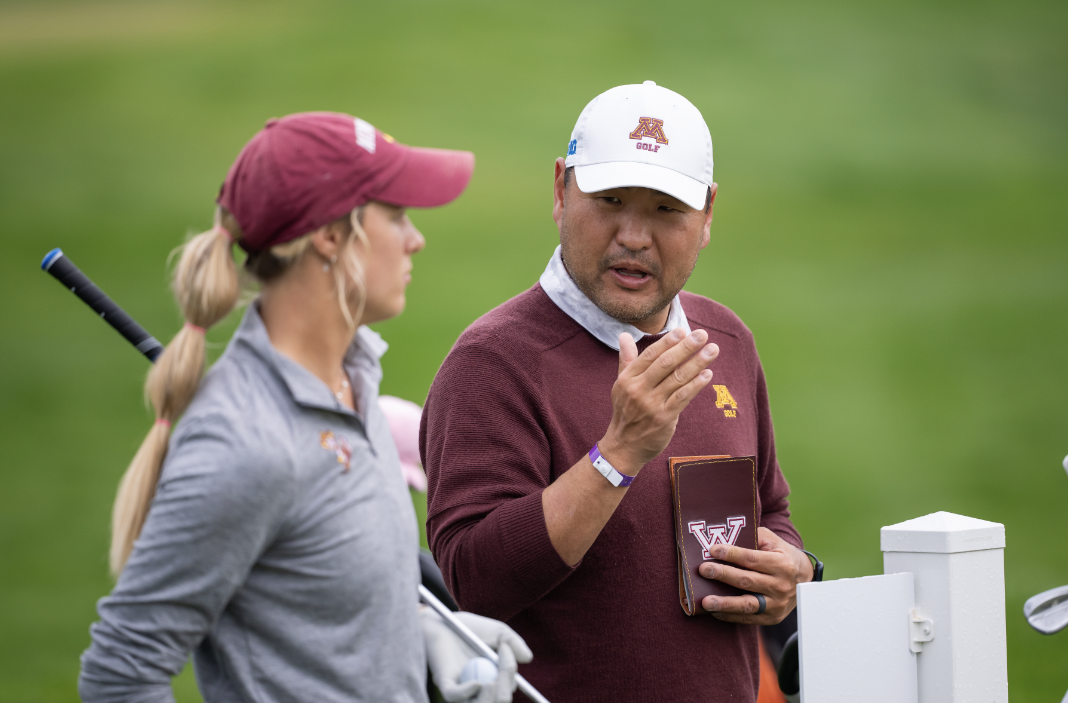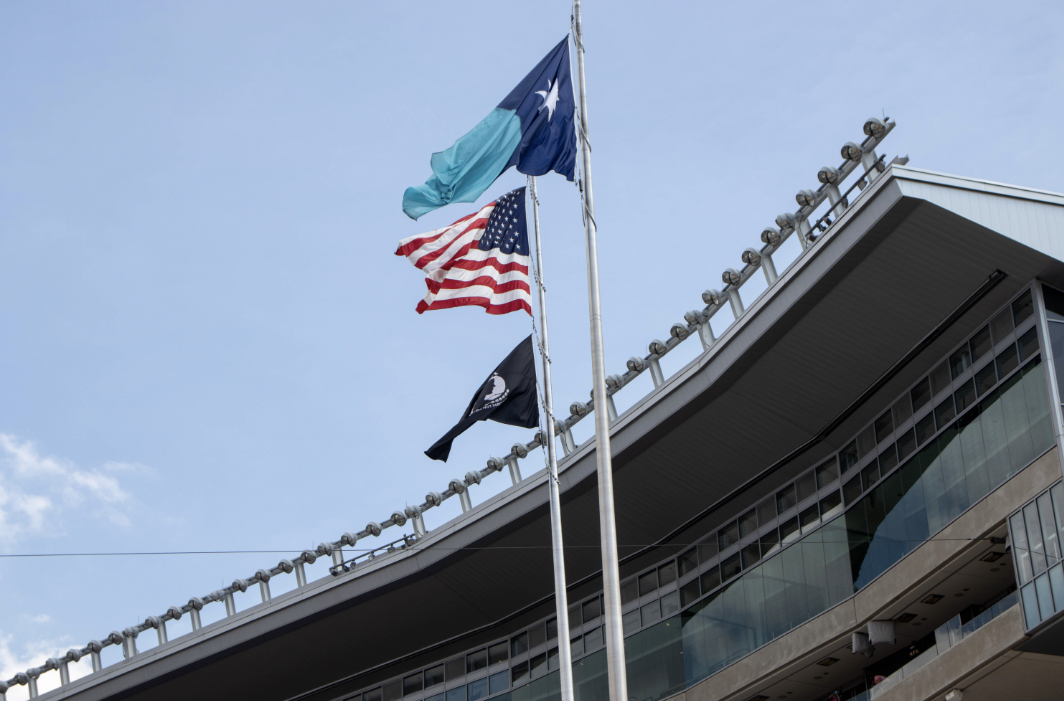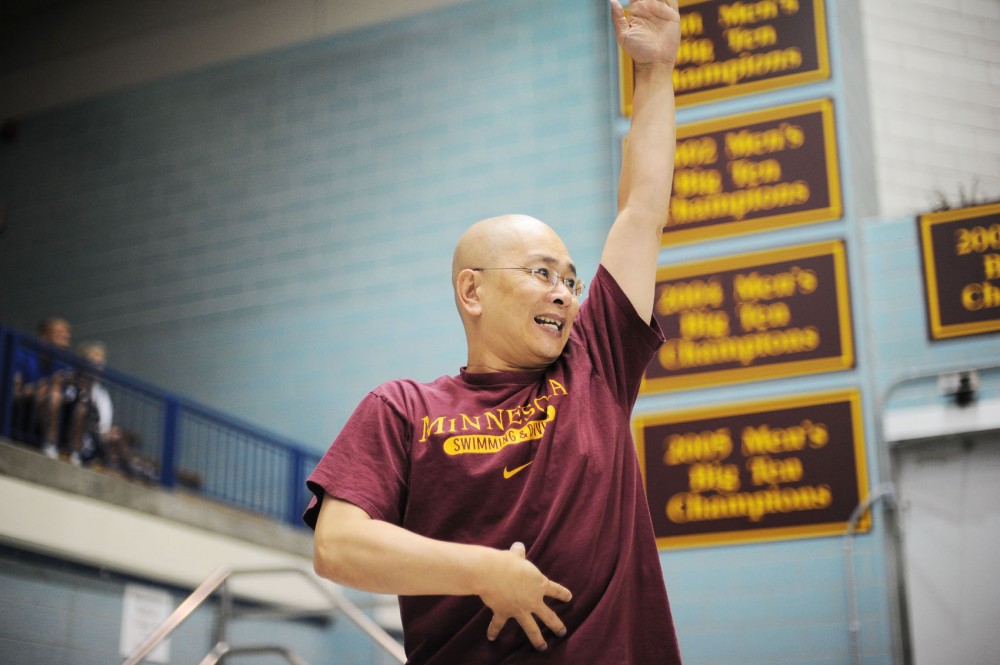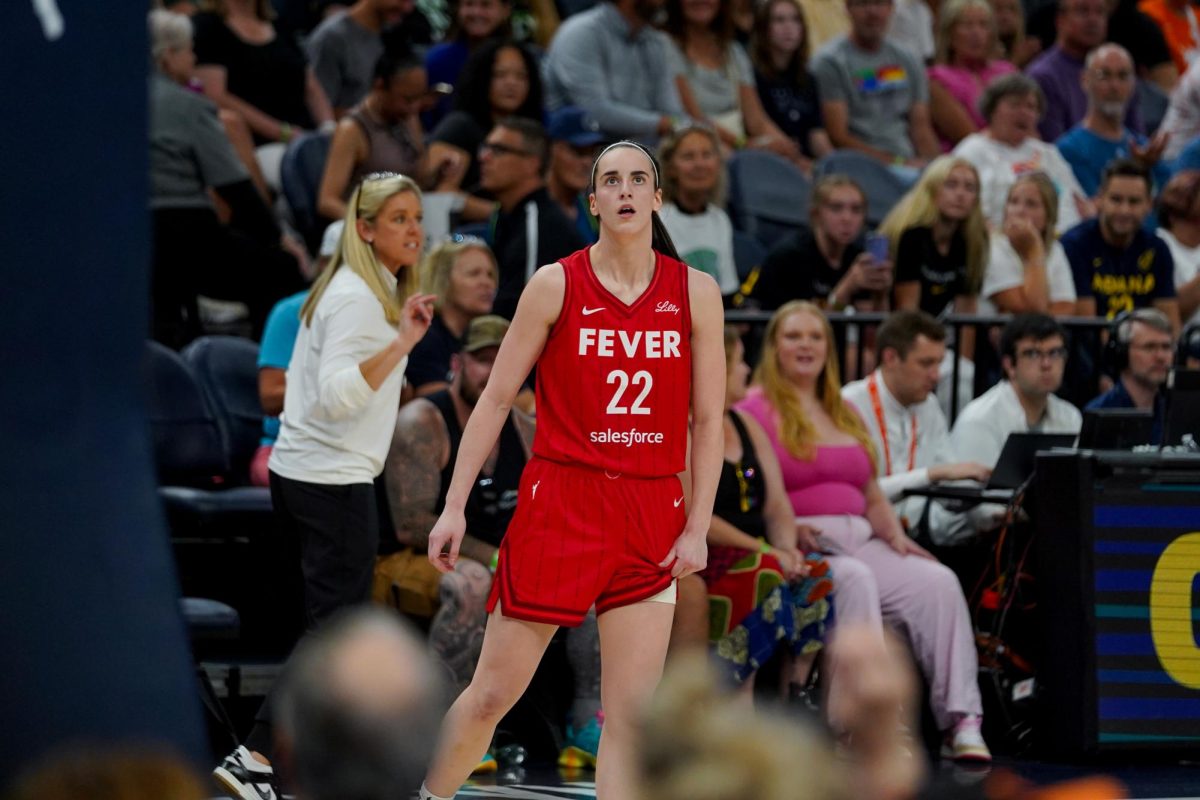Just 14 months after hosting Super Bowl LII, U.S. Bank Stadium will once again become the center of the sports universe as the venue for the NCAA Final Four in early April.
Several organizations worked in conjunction to secure the bid, including the University of Minnesota. Kate Mortenson, CEO of the Minneapolis Final Four Local Organizing Committee, promised the event will provide plenty of entertainment for all fans — inside and outside the stadium.
“We have to provide something that people just cannot miss,” Mortenson said. “And be sure to cast that very wide invitation.”
In addition to games, activities include free-to-the-public open practices on April 5, tailgates on Nicollet Mall and concerts at The Armory. Mortenson said Minneapolis’ ability to hold so many fan activities close to the stadium was a key selling point in the bid process to the NCAA.
“The NCAA’s favorite type of Final Four is a ‘walkable’ Final Four,” Mortenson said. “Apart from having an iconic stadium, having that stadium in a dynamic downtown where people can drive from the airport or take the light rail … it’s very appealing [to the NCAA].”
Matt Meunier, director of sales at Sports Minneapolis, shared Mortenson’s sentiment that Minneapolis’ compact nature makes it an ideal host city. Meunier has worked to bring several large events to Minneapolis, including the Super Bowl and X Games. He noted that since hosting the MLB All-Star game in 2014 (which occurred four months prior to the city receiving the Final Four bid), Sports Minneapolis has been able to show clients first-hand what Minneapolis can offer.
“We say, ‘If you choose Minneapolis, you’re going to have your competition venue, a convention center, hotels [and] light rail all within a 10-15 minute walk,'” Meunier said. “For us, hosting a client during these marquee events has been a unique opportunity to pay it forward.”
As the nation’s 15th largest media market, Minneapolis is not America’s largest metro area. However, its ability to secure bids to host popular events has helped raise its national profile, especially among sports fans.
“It speaks to our credibility as a championship-caliber host city,” Meunier said. “Booking the Super Bowl and the Final Four really put us on the map.”
Although many factors make Minneapolis a great host city, it’s impossible to ignore the impact of having a new, state-of-the-art stadium. The Minnesota Sports Facility Authority touts U.S. Bank Stadium as, “The most adaptable stadium in the country.”
Michael Vekich, chairman of the MSFA highlighted U.S. Bank Stadium’s versatility as a distinguishing quality that allows it to host events from basketball games to monster truck rallies.
“There are not a lot of facilities in the U.S. that have the ability to handle an event of this size,” Vekich said. “The fact that this was awarded right after the Super Bowl, that was very significant factor.”
The MSFA projects the event’s operating costs to total $6.9 million.
“[Operating costs] are made up of two very large categories,” Vekich said. “One is the seat build-out. That’s about $2.6 million. This will be the NCAA’s most difficult and costly build-out for the Final Four. This other piece includes staffing, broadcast operations, private security and decor, that’s about $4.3 million.”
Vekich said merchandise and concessions, including alcohol sales, which the NCAA will allow at the Final Four for the first time, are estimated to generate $2 million in revenue to help cover operating costs. Additionally, MLOC will contribute an additional $200,000 to help offset expenses.
A study from the MLOC projected the event bringing 94,000 visitors to the Twin Cities and generating $142 million in spending.
Mortenson hopes to position the Final Four as a unique event that pleases visitors and once again showcase Minneapolis as a world-class city.
“The message we want to emphasize from here moving forward is that April 5 through 8 has something for everybody,” Mortenson said. “There are a range of activities and experiences for everybody that they won’t want to miss.”










